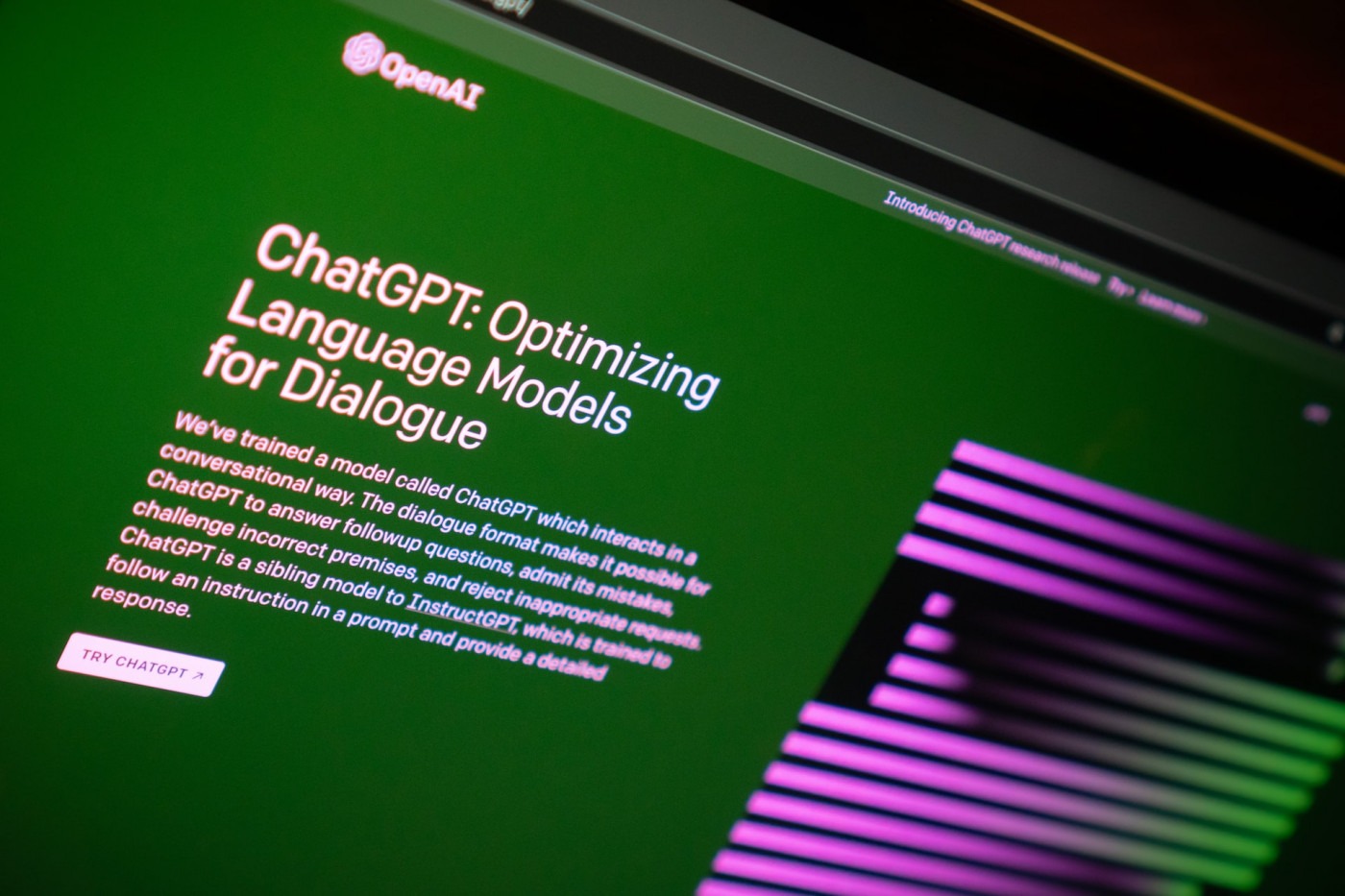Universities should embrace rather than fight ChatGPT, says Cambridge pro vice-chancellor
Professor Bhaskar Vira, pro vice-chancellor for education at Cambridge, has warned that there is no point in banning the artificial intelligence chatbot ChatGPT, describing such actions as not “sensible”.
Speaking to Cambridge student newspaper Varsity, he said: “We have to recognise that this is a new tool that is available.
“I’m of the opinion that we have to recognise that [AI] is a tool people will use, but then adapt our learning, teaching and examination processes so that we can continue to have integrity while recognising the use of the tool”.
His comments come as universities and schools attempt to determine how to respond to the ChatGPT software, which has already been employed to write essays, pass medical school exams and write scientific articles.
Mike Sharples, emeritus professor of educational technology in the Institute of Educational Technology at The Open University, told The Telegraph that some British universities are already banning the use of ChatGPT.
He said: “Some universities are already banning the use of ChatGPT but it’s going to be very hard to detect whether students are using it, particularly if they write a first draft using it and then rewrite it or check it.”
I think the future of writing is probably a process that includes something like ChatGPT
– Alona Fyshe, Professor of Computing Science at the University of Alberta
Among the institutions to ban the AI software are the prestigious French university Sciences Po, citing integrity concerns, and those caught using it may face expulsion from the establishment or a potential ban from French higher education as a whole.
The New York City department of education has banned its use in its schools, in light of “concerns about negative impacts on student learning, and concerns regarding the safety and accuracy of contents”.
Many universities around the world are at present writing or reviewing their own AI guidelines, and attempting to navigate its potential uses in the classroom as a means of improving student experience while balancing academic integrity worries.
Some schools are also reviewing homework activities after concerns that the ChatGPT may make traditional essays obsolete. A potential solution is a “flipped learning” model, where pupils do their research outside of the classroom and write more essays in class.
Academics are mixed about whether the software should be banned. Alona Fyshe, a professor of computing science at the University of Alberta, said: “In the short term, I absolutely understand the knee-jerk response is to shut it down, but I think the future of writing is probably a process that includes something like ChatGPT.”
Content produced by AI platforms, such as ChatGPT, does not represent the student’s own original work so would be considered a form of academic misconduct
– University of Cambridge spokesperson
Dr Peter Van der Putten, professor of AI at Leiden University, told Sky News: “It’s there, just how like Google is there. You can write it into your policies for preventing plagiarism, but it’s a reality that the tool exists.”
Cambridge is currently reviewing its own guidelines on AI platforms for departments and students as a result of ChatGPT’s emergence.
A spokesman for the university said: “We recognise that ChatGPT is a new tool being used across the world. The university has strict guidelines on student conduct and academic integrity.
“These stress the importance of a student being the author of their own work. Content produced by AI platforms, such as ChatGPT, does not represent the student’s own original work so would be considered a form of academic misconduct.”

Comments (1)
I agree with the Pro Vice-Chancellor. Universities can’t ignore ChatGPT; they need to adapt their teaching and assessment methods to ensure integrity. Could ChatGPT help educators brainstorm new approaches?